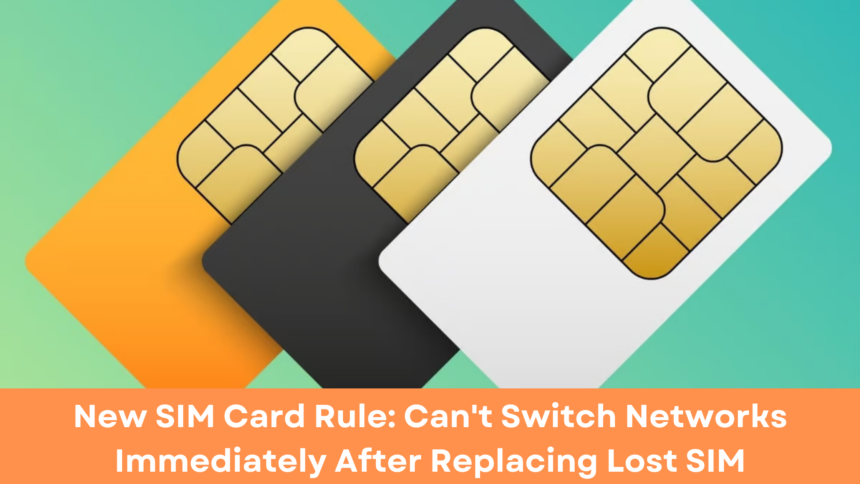The Telecom Regulatory Authority of India (TRAI) has recently introduced a significant regulatory change aimed at strengthening the security of mobile users against the rising threat of cybercrime, particularly fraudulent SIM swaps. This new rule, which takes effect on July 1, underscores the central government’s commitment to safeguarding citizens from cybercriminal activities. At the core of these regulations is the reduction of the waiting period for mobile number portability (MNP) following a SIM swap, decreasing from the current 10 days to a more stringent 7 days.
Fraudulent SIM swaps have become an increasingly prevalent method for cybercriminals to gain unauthorized access to sensitive information and financial accounts. By intercepting a user’s SIM card, attackers can effectively take control of the mobile number, thereby bypassing security measures such as two-factor authentication. Recognizing the urgent need to curb this menace, TRAI’s new rule aims to create a tighter window, thereby reducing the period during which unauthorized porting can occur.
These regulatory changes are crucial in the broader context of India’s digital landscape, where mobile phones serve as a central tool for both personal and commercial transactions. Ensuring the integrity of mobile numbers is imperative not only for individual security but also for maintaining trust in the digital ecosystem. The reduced waiting time for MNP following a SIM swap is a strategic move to enhance user protection, making it more challenging for cybercriminals to exploit the system.
Moreover, the new regulations reflect TRAI’s proactive approach to evolving cyber threats, emphasizing the importance of timely adaptations in policy to counteract sophisticated fraudulent activities. As mobile users navigate this new regulatory environment, they can be more confident in the security of their mobile communications and transactions.
Tech News : Details of the New Regulation
Under the new Telecommunication Mobile Number Portability (Ninth Amendment) Regulations, an additional criterion has been added to reject the request for allocation of a unique porting code (UPC). According to the press note by TRAI, a UPC will not be allocated if the request is made before the expiry of seven days from the date of SIM swap.
Understanding SIM Swapping
SIM swapping is a scam where fraudsters trick mobile carriers into activating a SIM card under their control. Once successful, they can intercept calls and messages meant for the legitimate user, posing a severe threat to privacy and financial security. By enforcing these new regulations, the government aims to curb such fraudulent activities.
Provisions of the Telecommunications Act 2023
In addition to the new SIM swap rules, some provisions of the Telecommunications Act 2023 came into effect on June 26. This act aims to update and consolidate the laws governing telecommunications services and networks, replacing outdated laws like the Indian Telegraph Act of 1885 and the Indian Wireless Telegraph Act of 1933. The provisions include restrictions on the number of SIM cards an individual can use, penalties for fraudulently obtaining a SIM, and permissions related to the installation of mobile towers.





